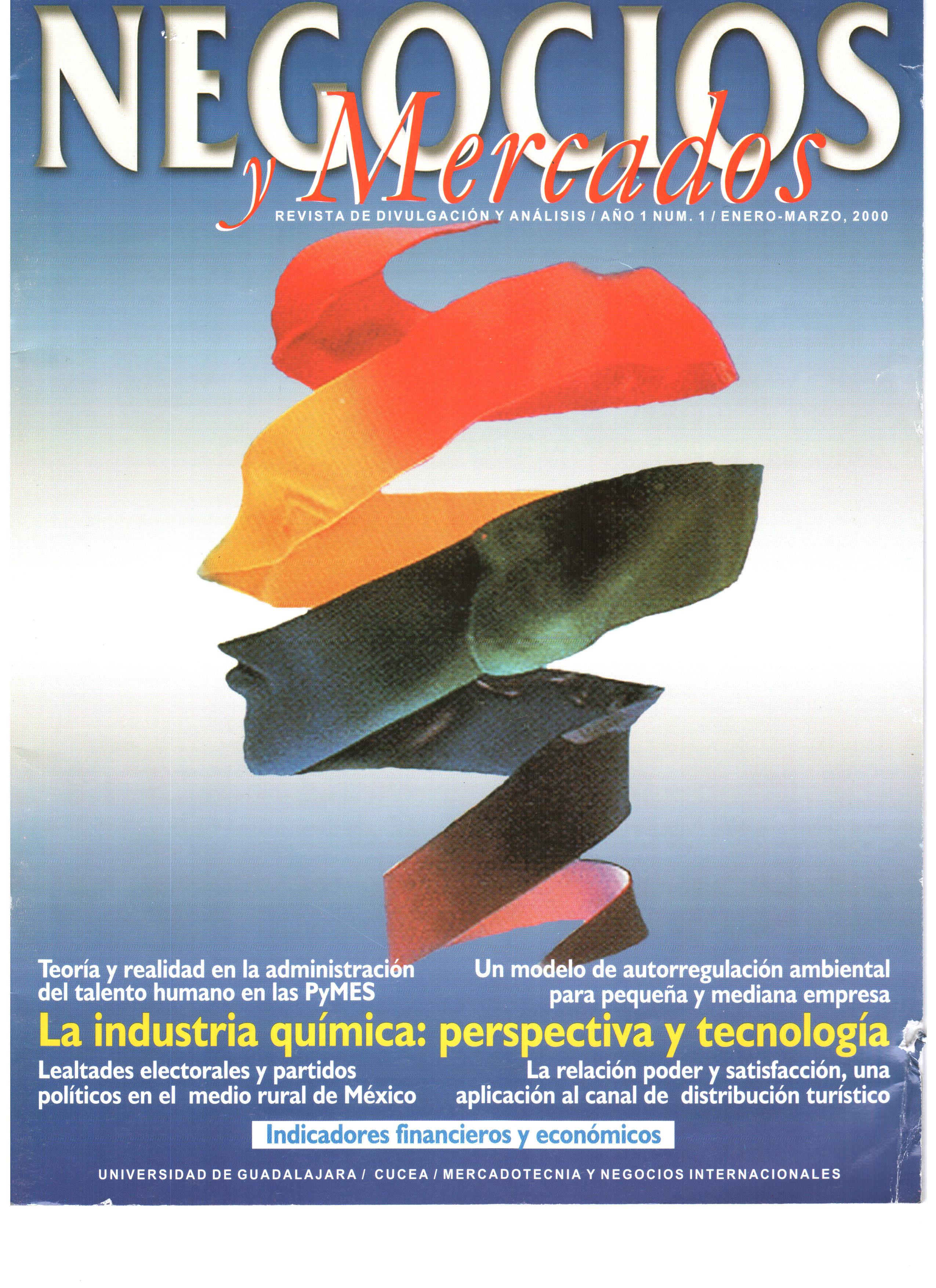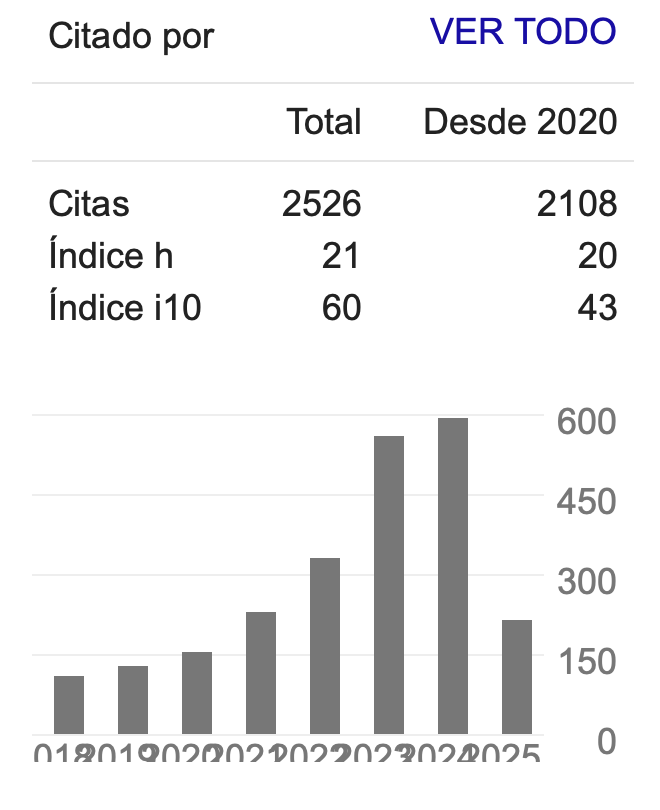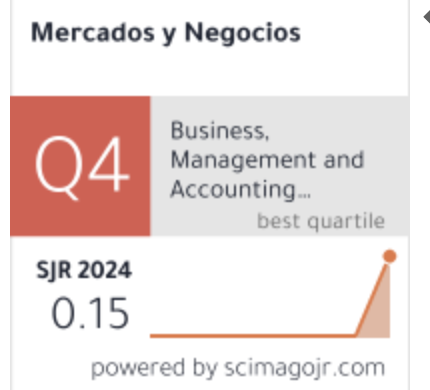La relación poder y satisfacción, una aplicación al canal de distribución turístico
DOI:
https://doi.org/10.32870/myn.v0i1.4896Abstract
El presente artículo tiene como objetivo mostrar la influencia del poder que se autopercibe en las empresas del canal de distribución turístico en la satisfacción que experimentan en sus relaciones con otros miembros del mismo. El trabajo aborda consideraciones teóricas del poder y de la satisfacción como elementos que permiten caracterizar la estructura política u el estado resultante de las relaciones entre las empresas. Se exponen sintéticamente los resultados de una investigación empírica realizada en los canales de distribución turísticos en Asturias a través de la cual se contrasto la hipótesis que establece una relación positiva entre ambos aspectos de las relaciones el poder y la satisfacción.References
Anderson, J. C., & Narus, J. A. (1984). A model of the distributor's perspective of distributor-manufacturer working relationships. The journal of marketing, 62-74.
Brass, D. J., & Burkhardt, M. E. (1993). Potential power and power use: An investigation of structure and behavior. Academy of management journal, 36(3), 441-470.
Dwyer, F. R. (1980). CHANNEL-MEMBER SATISFACTION-LABORATORY INSIGHTS. Journal of Retailing, 56(2), 45-65.
Gladstein, D. L. (1984). Groups in context: A model of task group effectiveness. Administrative science quarterly, 499-517.
González Ramírez, E. R. (1997). Las relaciones sociopolíticas en el canal de distribución turístico en Asturias.
Hunt, S. D., & Nevin, J. R. (1974). Power in a channel of distribution: sources and consequences. Journal of marketing Research, 186-193.
Leonidou, L. C. (1989). Behavioural aspects of the exporter-importer relationship: the case of Cypriot exporters and British importers. European Journal of Marketing, 23(7), 17-33.
Múgica Grijalba, J. M. (1985). Análisis del poder en los canales de comercialización: una revisión de las líneas de investigación. Estudios sobre consumo, (4), 89-108.
Oliver, R. L., & Swan, J. E. (1989). Equity and disconfirmation perceptions as influences on merchant and product satisfaction. Journal of consumer research, 16(3), 372-383.
Porter, M. (1980). Estrategia Competitiva: técnicas para analizar industrias y competidores. Cecsa.
Richardson, L. D., Swan, J. E., & Hutton, J. D. (1995). The effects of the presence and use of channel power sources on distributor satisfaction. International Review of Retail, Distribution and Consumer Research, 5(2), 185-201.
Skinner, S. J., Gassenheimer, J. B., & Kelley, S. W. (1992). Cooperation in supplier-dealer relations. Journal of Retailing, 68(2), 174.
Stern, L. W. (1969). Distribution channels: a social system approach to the study of marketing. Social Responsibility of Marketing, American Marketing Association, Chicago, IL.
El-Ansary, A. I., & Stern, L. W. (1972). Power measurement in the distribution channel. Journal of Marketing research, 47-52.
Stern, L. W., & Reve, T. (1980). Distribution channels as political economies: a framework for comparative analysis. The Journal of Marketing, 52-64.
Wilkinson, I. F. (1979). Power and satisfaction in channels of distribution. Journal of Retailing, 55(2), 79-94.
Wilkinson, I. (1981). Power, conflict, and satisfaction in distribution channels-an empirical study. International Journal of physical distribution & materials management, 11(7), 20-30.
Wray, B., Palmer, A., & Bejou, D. (1994). Using neural network analysis to evaluate buyer-seller relationships. European Journal of Marketing, 28(10), 32-48.
Downloads
Published
How to Cite
Issue
Section
License
Mercados y Negocios by Department of Mercadotecnia y Negocios Internacionales. University of Guadalajara is licensed under a License Creative Commons Attribution-NonCommercial 4.0 International.
The author retains the copyright.








